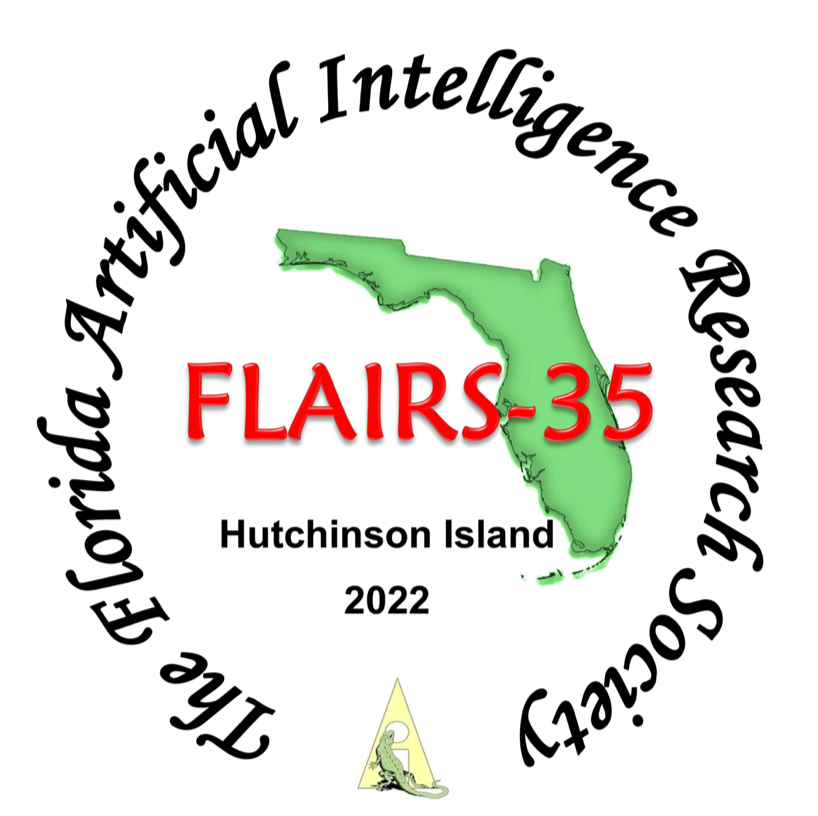Drug Repurposing for Rare Orphan Diseases Using Machine Learning Techniques
DOI:
https://doi.org/10.32473/flairs.v35i.130653Palavras-chave:
Drug Repurposing, Machine Learning, Drug RepositioningResumo
New drug discovery is a time-consuming and costly process. Several drugs have been in clinical trials for a very long period. Finding a new target for existing medications can be an effective strategy to reduce the lengthy and costly drug development cycle. Drug repurposing (or repositioning) is a cost-effective approach or finding drugs that can treat diseases for which those
medications are not currently prescribed. Drug repurposing to treat both common and rare diseases is becoming an attractive option because it involves using already approved drugs. Through drug repurposing, we can identify promising drugs for further clinical investigations. This paper presents machine learning techniques for drug repurposing to find existing drugs as an alternate medication for other diseases through drug-drug, drug-genes, drug-enzymes, and drug-targets interactions. We develop a model to find similar drugs that can treat similar diseases. We then use the model to predict potential candidate drugs for rare orphan diseases.
Downloads
Publicado
Como Citar
Edição
Seção
Licença
Copyright (c) 2022 Rajesh Manicavasaga, Prabin B Lamichhane, Prajjwal Kandel, Douglas A. Talbert

Este trabalho está licenciado sob uma licença Creative Commons Attribution-NonCommercial 4.0 International License.


